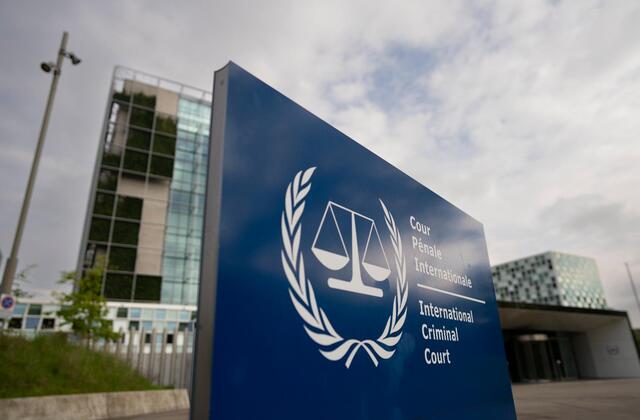South Africa welcomes ICC arrest warrant for Israeli prime minister Netanyahu

The country, a staunch advocate for international justice, has hailed the move as a symbolic triumph while grappling with potential diplomatic repercussions.
A Diplomatic Victory
Since January, South Africa has been vocal in urging the ICC to investigate Israel’s actions in Palestine, including allegations of war crimes and crimes against humanity.
Pretoria’s efforts, rooted in its long-standing commitment to human rights, have focused on addressing the reported use of starvation as a weapon of war and indiscriminate bombings in Gaza.
The ICC’s decision has been received as a vindication of South Africa’s advocacy.
“This is a momentous achievement for global justice,” noted government officials, emphasizing the country’s dedication to highlighting atrocities in Palestinian territories.
The move underscores South Africa’s role as a leading voice for oppressed peoples on the international stage.
Public and Civil Society Reactions
Domestically, the reaction has been mixed. While many South Africans praise the ICC’s bold stance, others remain skeptical about the practical implications of such warrants.
Legal experts have pointed out the challenges of enforcing arrest warrants against sitting world leaders, describing them as largely symbolic yet precedent-setting.
Pro-Palestinian advocacy groups, including the Boycott, Divestment, and Sanctions (BDS) movement, have lauded the decision as a critical step in holding Israel accountable.
Conversely, critics argue that the ICC risks being perceived as politically motivated, potentially deepening global divisions over its legitimacy.
Strained Relations with Western Allies
The move places South Africa in a delicate position with Western powers, particularly the United States.
President Joe Biden’s administration has strongly opposed the ICC’s actions, warning of possible sanctions against the court.
This adds a layer of complexity to South Africa’s balancing act between championing justice and maintaining strategic alliances.
Commitment to Global Justice
Despite these challenges, South Africa remains steadfast. President Cyril Ramaphosa reaffirmed his administration’s support for institutions like the ICC, emphasizing their role in holding perpetrators of human rights violations accountable.
This development reinforces Pretoria’s aspirations to be a moral leader in international relations, but its ability to translate this symbolic victory into tangible outcomes will depend on its diplomatic finesse amidst mounting global tensions.
About The Author
dailymailafric
I am an avid African news observer, and an active member of Daily Mail Africa.
I’m Passionate about staying informed on diverse topics across the continent,
I actively contribute to publishing on political, economic and cultural developments in Africa.



